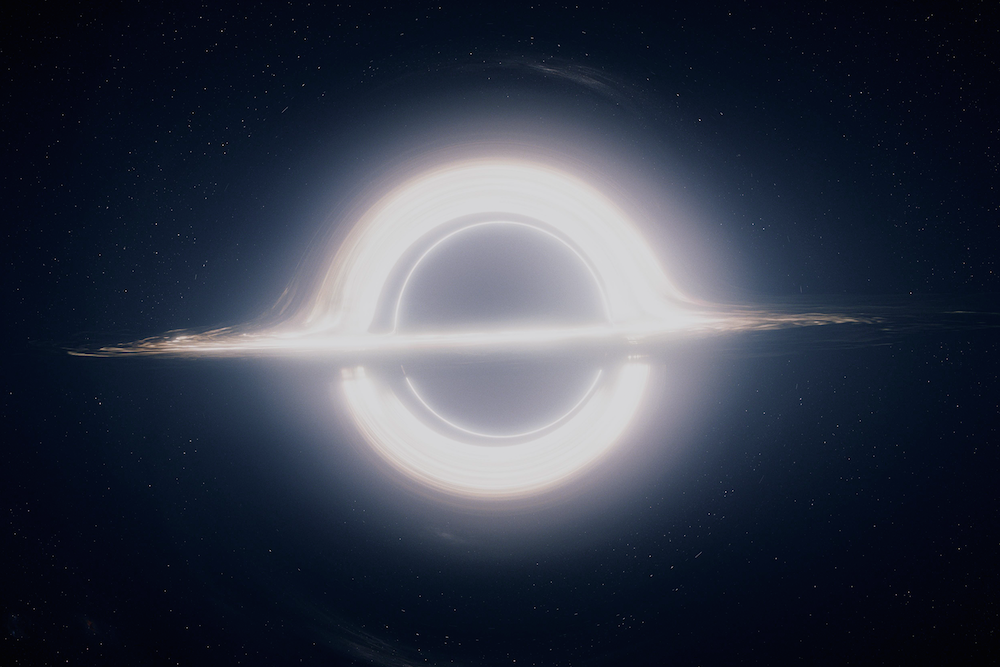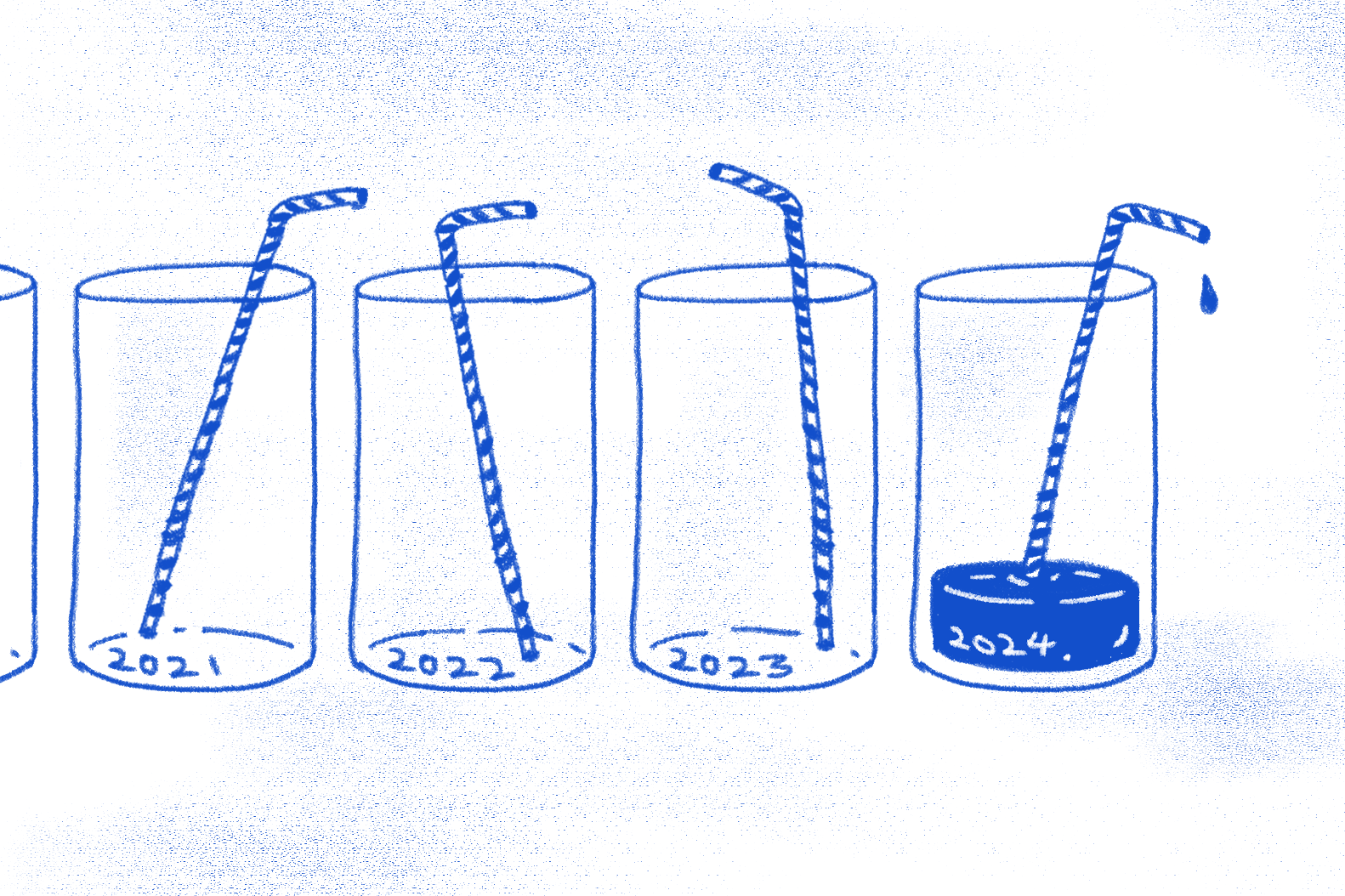I remember being stunned the first time I watched Interstellar. If you’ve watched it too, it was the scene with the black hole that left me particularly speechless. I remember hitting pause on my laptop just to stare at the spectacle before me, cosmic vastness captured in 15 square inches.
I remember being in awe of the amount of engineering that must have gone into recreating that scene, the work of organisations like NASA (National Aeronautics and Space Administration) that have allowed us to even conceive what a black hole looks like. The beauty and scale of the scene shook me.

Yet even now I can remember moments when the beauty of nature stood before me, but I was left unmoved. Sunsets at the end of tiresome days, my eyes too weak, head too heavy to notice even a beam. On days like these, I felt like a crescent moon, turned away, turned in to myself, not really there — missing moment after moment of beauty.
The Israelites, God’s people, weren’t too different in many ways. Constantly complaining, and blind to God’s persistent grace and mercy. They were a people turned inward, people who looked to themselves as gods, who crafted for themselves gods.
“For my people have committed a double evil: They have abandoned me, the fountain of living water, and dug cisterns for themselves — cracked cisterns that cannot hold water.” (Jeremiah 2:13 CSB)
Another way of phrasing this verse could be: “My people have rejected me, the best thing they could ever have, and have instead turned away towards false gods who cannot even compare to me.” In other words, these people were numb to God — He no longer excited their hearts or was their fountain of living water.
The prophet Micah prophesied to Jerusalem, calling out their sin and speaking judgment upon the city of God.
“For the wealthy of the city are full of violence, and its residents speak lies; the tongues in their mouths are deceitful.
“As a result, I have begun to strike you severely, bringing desolation because of your sins.
“You will eat but not be satisfied, for there will be hunger within you. What you acquire, you cannot save, and what you do save, I will give to the sword.” (Micah 6:12-14 CSB)
We often look at the judgment of Israel and Judah and think: “Indeed, the Israelites were horrible, stubborn people. They had it coming.” And for sure they did. But do these words not ring true for us today as well, even within the church? What then shall we do with these words of condemnation?
We are not people who deserve forgiveness. We deserve death. Yet God’s forgiveness has extended to us.
What stands out to me the most, however, is Micah’s final recorded words in Micah 7:18-20.
“Who is a God like you, forgiving iniquity and passing over rebellion for the remnant of his inheritance? He does not hold on to his anger forever because he delights in faithful love.
“He will again have compassion on us; he will vanquish our iniquities. You will cast all our sins into the depths of the sea.
“You will show loyalty to Jacob and faithful love to Abraham, as you swore to our fathers from days long ago.” (Micah 7:18-20 CSB)
“Who is a God like you?” These are the words of a man stunned – shocked, laid bare, undone – not by mighty power, but by incredible mercy and grace.
Think about it: We are rarely stunned by God’s forgiveness because we rarely remember just how undeserving we are of it. As rare as black hole sightings.
It is easy to stun a Singaporean because he so rarely sees the stars, such that when that moment comes he is amazed. How much more should we be stunned by the forgiveness of God when it extends again and again to forgetful people like us!
We are no different from the people of Israel. Have we not sinned against God, carving out our own little thrones to sit on? Do we not constantly reject His Kingship, setting up our own rules and laws to live by?
We deserve death. Yet God’s forgiveness has been extended to us. Who is a God like He is? Who loves like Him? Who is merciful like Him?
What then shall we do with the words of condemnation and judgment we read in the books of the prophets?
Let them sink in. Let them strike your heart. Our God hasn’t changed, and neither has His feelings towards sin. Let yourself be made aware of your fallenness and how much you deserve His wrath, just as the Israelites did.
And don’t stop there: Repentance is not living in condemnation. Turn to Jesus, and stand in awe at the forgiveness God has given to us. This is the scandal of grace. Put your faith in Him and remember that He is yours forevermore. Your righteousness. Your forgiveness. Your salvation.
Truly His mercy and love are like nothing we have ever seen.
For when my heart is cold, my fingers numb
When I think I can no longer repent
Read His word and be amazed,
Be in awe once again
This article was first published on Nicholas’ blog and is republished with permission.









